Local, State and Federal Leaders Gather at Barnstable County to Tackle Dredging Delays

Leaders from across Cape Cod and the Islands gathered at the Barnstable County Complex on Thursday for the second Cape & Islands Dredging Summit, a half-day event aimed at tackling one of the region’s most persistent coastal infrastructure challenges: the permitting process for dredging projects.
Hosted by Barnstable County and the Dredge Advisory Committee, the summit brought together municipal officials, engineers, state and federal regulators, and policy advisors for a candid exchange of ideas and updates. The event built on progress made during the first summit in 2023 and reflected a shared sense of urgency around streamlining approvals for critical projects.
Dredging, the process of clearing sediment from harbors and channels, is not a matter of convenience for coastal communities. It’s essential for maintaining navigational safety, protecting the local economy, and enhancing the resilience of waterfront infrastructure. But year after year, towns report significant delays caused by permitting backlogs and inconsistent regulatory requirements. In his opening remarks, Barnstable County Commissioner Mark Forest acknowledged the mounting frustrations and emphasized the financial strain these delays place on the County’s regional dredge program.
“Improving coordination between local, state, and federal entities is no longer a suggestion—it’s a necessity,” said Forest. “Our communities are depending on us to get this right.”
David DeConto, Chair of the Dredge Advisory Committee and the event’s moderator, echoed that sentiment as he outlined the summit’s purpose: to identify shared obstacles, report on the status of recent initiatives, and encourage constructive dialogue among all involved in the permitting process.
A statement from Senator Edward Markey, read by Mark Lanigan of the Senator’s office, underscored the importance of the issue at the federal level. Senator Markey emphasized the critical role that accessible harbors and ports play in the economic and cultural fabric of the Cape and Islands, and reiterated his commitment to supporting efforts to improve interagency collaboration.
Among the day’s most substantive updates was a presentation from Lisa Rhodes of the Massachusetts Department of Environmental Protection (MassDEP). Rhodes discussed the agency’s ongoing Permit Streamlining Project, which began in late 2023 and seeks to shorten the overall permit timeline without compromising environmental protections. The initiative includes workgroups with nonprofit partners and technical experts, and it’s already produced draft recommendations that could shape regulatory reform in fiscal year 2026 and beyond.
Lauren Fulkert of Anchor QEA presented findings from the Barnstable County Dredge Permit Optimization Study. Based on stakeholder interviews, the study highlights several bottlenecks—ranging from delays in sediment testing approvals to inconsistent application of regulations across agencies and towns. Fulkert proposed several management alternatives, including centralized permitting support at the County level and strategies for adaptive management that would better align with real-world field conditions.
Agency representatives from the U.S. Army Corps of Engineers, U.S. Fish and Wildlife Service, NOAA Fisheries, and the Environmental Protection Agency also offered updates. Many acknowledged ongoing staffing limitations but highlighted new tools and systems designed to bring greater transparency and predictability to the process. These include digital pre-application systems, interactive flow charts, and clearer project tracking platforms that can help towns and consultants navigate what has historically been a difficult and often opaque review environment.
The summit’s formal presentations gave way in the afternoon to an informal roundtable discussion focused on Time of Year (TOY) restrictions, which limit when dredging can take place to protect marine species. The session, moderated by Barnstable County Dredge Director Ken Cirillo and Coastal Zone Management’s Stephen McKenna, addressed the growing number of waiver requests, recent changes to species-specific windows, and how towns are managing the growing unpredictability of project schedules.
With many towns having experienced staff turnover in key coastal management positions this year—including new harbormasters and coastal resource directors—the roundtable served as both a refresher and an opportunity to re-establish shared understanding among regulators and applicants. The discussion also touched on new scientific methods, including turbidity monitoring and eDNA testing, that could support more flexible, real-time approaches to dredging windows while continuing to protect sensitive habitats.
In closing, Commissioner Forest expressed appreciation for the level of engagement shown by all participants and reaffirmed the County’s commitment to continuing these conversations. The goal, he said, is not just to talk about the problem—but to implement real, measurable solutions.
Supporting materials from the summit, including the full agenda and presentation slides, are available below:
View the Agenda
View the Presentation Slides (PPTX)



